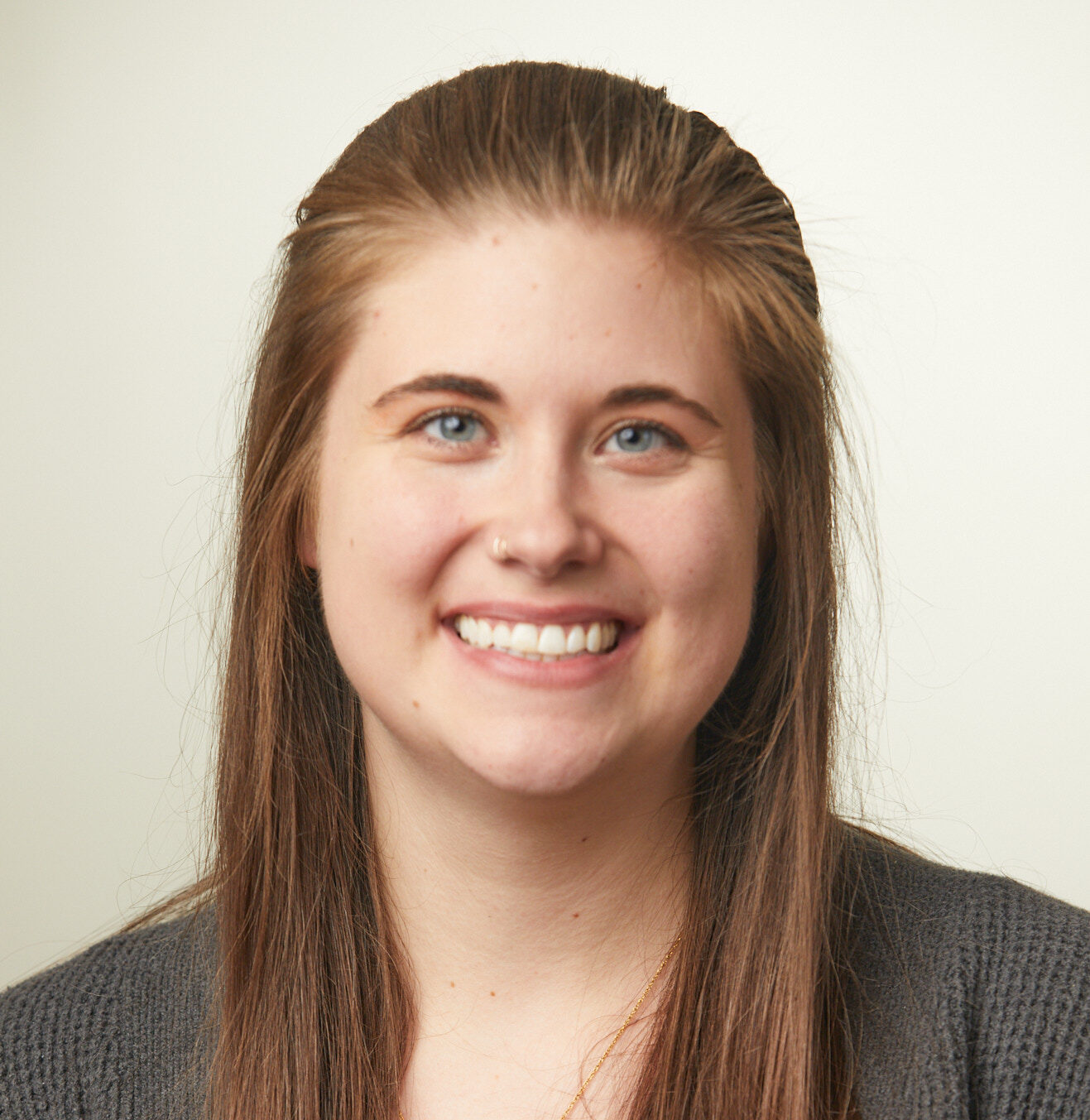Written by Sarah Williford, Ph.D.
 From an early age, I found myself captivated by the wonders of science—whether it was the way a simple experiment could reveal the intricacies of chemical reactions or how the stars in the night sky told stories of distant galaxies. However, as I delved deeper into my studies, I realized that many people, despite their curiosity, often felt alienated from scientific discourse. This observation ignited a passion within me: to bridge the gap between complex scientific concepts and everyday understanding. My love for biology and understanding how the body works led me to pursue a Ph.D. at the University of Alabama at Birmingham, focusing my research on glucose transporter 3 (GLUT3) and its role in the highly invasive nature of glioblastoma—a particularly aggressive form of brain cancer.
From an early age, I found myself captivated by the wonders of science—whether it was the way a simple experiment could reveal the intricacies of chemical reactions or how the stars in the night sky told stories of distant galaxies. However, as I delved deeper into my studies, I realized that many people, despite their curiosity, often felt alienated from scientific discourse. This observation ignited a passion within me: to bridge the gap between complex scientific concepts and everyday understanding. My love for biology and understanding how the body works led me to pursue a Ph.D. at the University of Alabama at Birmingham, focusing my research on glucose transporter 3 (GLUT3) and its role in the highly invasive nature of glioblastoma—a particularly aggressive form of brain cancer.
Throughout my academic journey, I have actively sought opportunities to make science accessible to diverse audiences. Volunteering at local schools, I developed hands-on workshops designed to engage students with interactive experiments. I tailored activities to ensure that even the most challenging topics—like the laws of physics or the principles of biology—became relatable and fun. Witnessing the excitement on students’ faces as they grasped concepts for the first time reinforced my belief that science should not be an exclusive domain but a shared experience. This desire to bring science to everyone is what led me to the Collaborate for STEM Education and Outreach (CSEO) here at Vanderbilt. At the CSEO, we strive to provide a rigorous and engaging STEM education to lay the groundwork for future STEM professionals and informed citizens. By cultivating a strong understanding of scientific principles and critical thinking skills in students, we empower the next generation to engage with complex scientific issues. This educational foundation is essential for producing a workforce capable of striving in our ever-evolving world.
Additionally, my commitment to making science accessible extends beyond education. I am passionate about advocating for underrepresented voices in scientific research. I believe that diversity in science leads to richer perspectives and innovative solutions. As I look to the future, I am eager to further explore the intersection of science and communication, through science policy. Science policy involves the development and implementation of policies that govern scientific research, funding, and its applications in society. This field plays a crucial role in shaping how research is prioritized, funded, and translated into practices that improve public health and safety. Effective science policy ensures that scientific findings inform legislative decisions, particularly in critical areas like healthcare, environmental protection, and technology. In an increasingly complex world, the intersection of science policy and STEM education is vital for fostering a society that values evidence-based decision-making.
I strive to help promote a future where young people are not only consumers of scientific knowledge but also advocates for evidence-based policies. In conclusion, my passion for making science accessible is rooted in a belief that knowledge should be shared and celebrated. I am excited to contribute to a future where everyone, regardless of their background, can engage with and understand the marvels of science. Together, we can create a society where curiosity thrives and science is a shared journey.